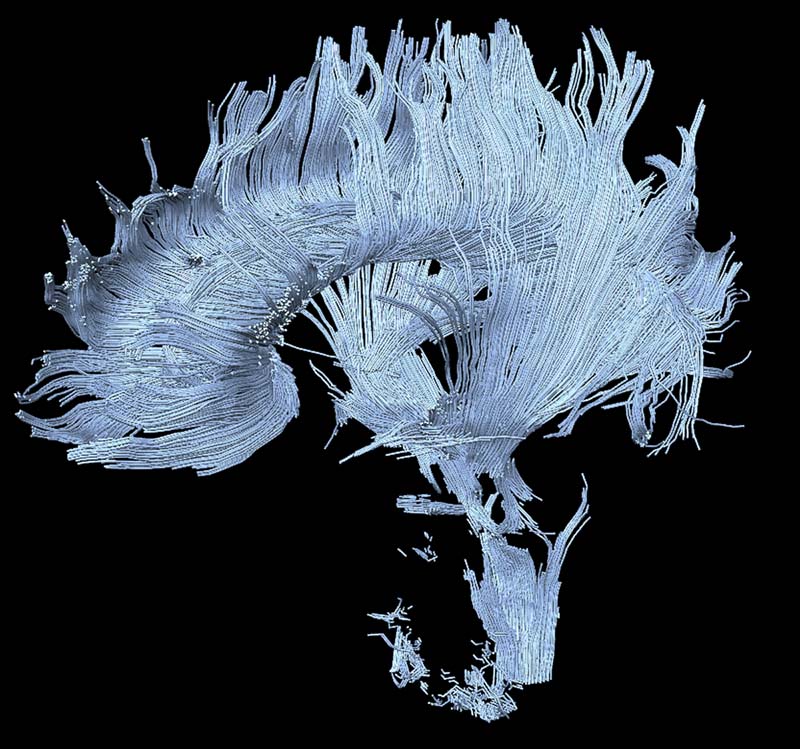
People who eat a diet slightly higher in protein tend to have a lower risk of stroke, according to a new study.
Scientists came to the conclusion after analyzing the results of several large trials that included more than 250,000 people. However, the findings show an association, not a cause-and-effect relationship. The researchers said they can't say whether a higher-protein diet may actually lower the risk of stroke, or whether some other underlying factor is tied to both.
Scientists disagree about what proportions of macronutrients — carbs, proteins and fats — in the diet may lead to optimal health. Some researchers argue that carb-heavy diets are responsible for surging rates of diabetes and obesity, while other studies suggest that high-protein diets raise the risk of cancer as much as smoking. And several lines of research point to fat-rich diets as a culprit in heart disease and stroke. [7 Ways to Raise Your Risk of Stroke]
To evaluate the role of protein in stroke risk, Dr. Xinfeng Liu, a neurologist at the Jinling Hospital in China, and colleagues looked at the published studies on stroke and protein consumption, and found seven that specifically looked at the risk of stroke. These studies were prospective, meaning that researchers started out by asking people about their dietary habits, and then followed them for a number of years and counted how many of the study participants had a stroke.
Across the seven studies, higher levels of protein were associated with a lower risk of stroke. The study also showed a dose-dependent response, meaning that the more protein people ate, the lower their risk of stroke. For every 20 grams of protein people ate per day, there was a 26 percent lower risk of stroke.
Uncertain cause
It's not clear how protein consumption might influence stroke risk. But "studies have shown that dietary protein may reduce stroke risk via its favorable effects on blood pressure. In addition to lowering blood pressure, the protein diet also significantly lowered triglycerides, total cholesterol, and non-HDL cholesterol," Liu told Live Science in an email.
Get the world’s most fascinating discoveries delivered straight to your inbox.
Not all proteins were created equal, however. High fish consumption was linked with the lowest risk of stroke in the study, and past studies have tied high red-meat consumption to greater stroke risk, Liu said.
Diets high in vegetable protein seemed to be less protective against stroke than those that included a lot of animal protein. However, people in the studies who ate lots of animal-based proteins ate significantly more protein than those on a plant-based diet, which may have made it more difficult to detect the trend, the authors wrote in the paper.
In addition, it may not be the protein itself, but other elements that typically go along with a high-protein diet, that lead to the benefit.
"Dietary protein intake tends to be associated with other nutrients that may prevent stroke, such as potassium, magnesium and dietary fiber," the authors wrote.
The study was published today (June 11) in the journal Neurology.
Follow Tia Ghose on Twitter and Google+. Follow Live Science @livescience, Facebook & Google+. Original article on Live Science.

Tia is the editor-in-chief (premium) and was formerly managing editor and senior writer for Live Science. Her work has appeared in Scientific American, Wired.com, Science News and other outlets. She holds a master's degree in bioengineering from the University of Washington, a graduate certificate in science writing from UC Santa Cruz and a bachelor's degree in mechanical engineering from the University of Texas at Austin. Tia was part of a team at the Milwaukee Journal Sentinel that published the Empty Cradles series on preterm births, which won multiple awards, including the 2012 Casey Medal for Meritorious Journalism.


